Asian–African Legal Consultative Organization
The Asian–African Legal Consultative Organization (AALCO) is an international governmental organization formed in 1956, initially to serve as an advisory board to member states on matters on international law. It was an outgrowth of the Bandung Conference, held in Indonesia during April, 1955, which led to the establishment of the Asian Legal Consultative Committee (ALCC). In April, 1958, it changed its name to the Asian-African Legal Consultative Committee (AALCC) to reflect the growth of its membership beyond the African side of the United Arab Republic. Since 2001, it has been known by its current name, the AALCO, reflecting the growth of its international status; currently an intergovernmental organization having received a standing United Nations invitation to participate as an observer in the sessions and the work of the General Assembly and maintaining a permanent office at Headquarters.
In 2014, the AALCO established an Informal Expert Group on Customary International Law. That group adopted a set of comments on the work of the International Law Commission on identification of customary international law. Those comments and the report of the AALCO Special Rapporteur Sienho Yee are published on the website of the AALCO.[1]
Members
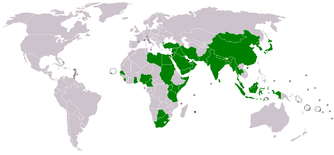
The current membership includes the following members, with founding members marked with an asterisk (*):
 Bahrain
Bahrain Bangladesh
Bangladesh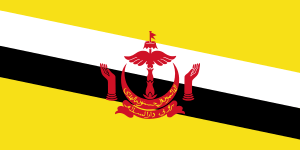 Brunei
Brunei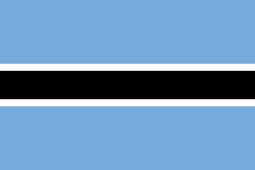 Botswana
Botswana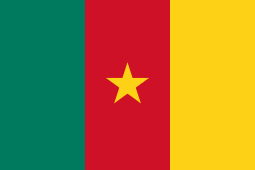 Cameroon
Cameroon China
China  Cyprus
Cyprus Egypt* (founding member as United Arab Republic)
Egypt* (founding member as United Arab Republic)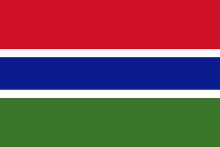 The Gambia
The Gambia Ghana
Ghana India*
India* Indonesia*
Indonesia*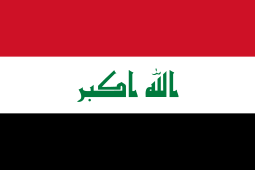 Iraq*
Iraq* Iran
Iran Japan*
Japan* Jordan
Jordan Kenya
Kenya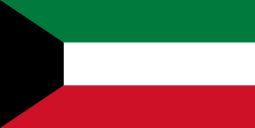 Kuwait
Kuwait Lebanon
Lebanon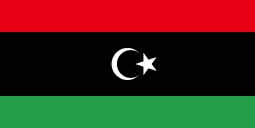 Libya
Libya Malaysia
Malaysia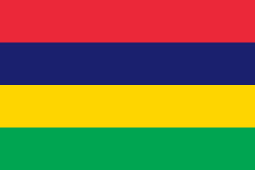 Mauritius
Mauritius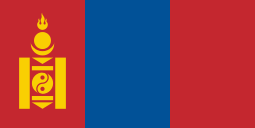 Mongolia
Mongolia Myanmar*
Myanmar*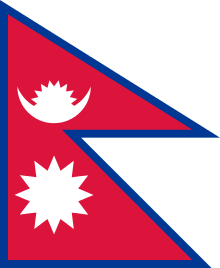 Nepal
Nepal Nigeria
Nigeria North Korea
North Korea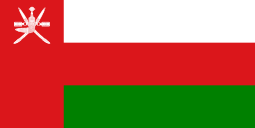 Oman
Oman Pakistan
Pakistan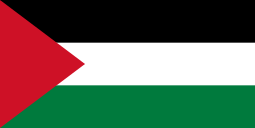 State of Palestine
State of Palestine  Qatar
Qatar Saudi Arabia
Saudi Arabia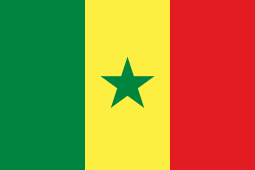 Senegal
Senegal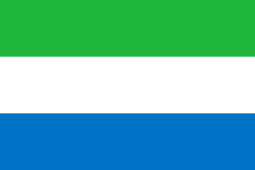 Sierra Leone
Sierra Leone Singapore
Singapore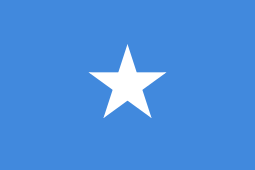 Somalia
Somalia South Africa
South Africa South Korea
South Korea Sri Lanka*
Sri Lanka*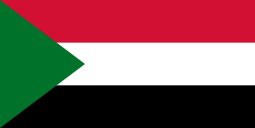 Sudan
Sudan Syria* (founding member as United Arab Republic)
Syria* (founding member as United Arab Republic)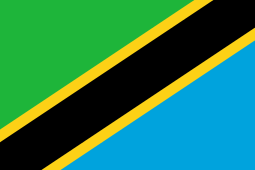 Tanzania
Tanzania Thailand
Thailand Turkey.
Turkey. Uganda
Uganda United Arab Emirates
United Arab Emirates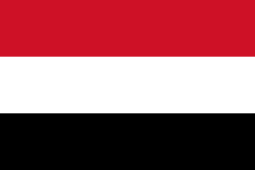 Yemen
Yemen